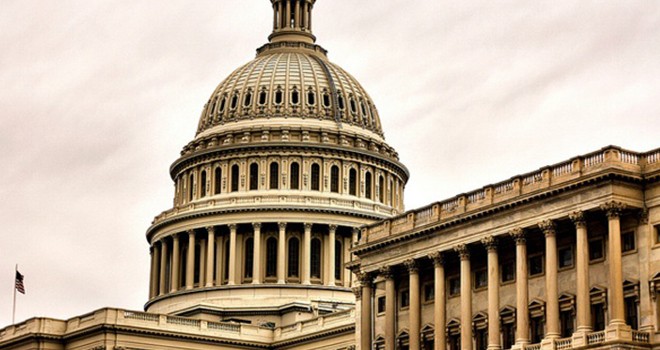Sunny With a Chance of Rain
Understanding the Federal Government Weather Clauses
By Kay Kendall
You have probably seen the clause in your government contract discussing time extensions for unusually severe weather. The clause specifies the procedure for determining time extensions for unusually severe weather in accordance with the Default Clause for Fixed-Price Construction.
In order to qualify for a time extension under this clause, the weather experienced at the project site during the contract period must be found to be unusually severe and it must actually cause a delay to the completion of the project.
Schedule of Anticipated Adverse Weather Delays
Many government contracts include a schedule of monthly anticipated adverse weather delay days. It is important to read the clause carefully. Normally the monthly anticipated adverse weather delays are based on a five-day work week. If the Monthly Anticipated Adverse Weather Schedule shows five days of anticipated bad weather for January, and the contractor experienced (10) workdays of delay as a result of bad weather, then the contractor experienced (5) working days of delay more than was anticipated. This means the weather in January was “Unusually Severe”. If the (5) days of unusually severe weather impacted the contractor’s contract-completion date, then the contractor is entitled to a non-compensable time extension. Government contract durations are based on calendar days, not working days. Therefore, the time extension for the (5) unusually severe weather delays should be converted to calendar days. This is done by merely dividing the 5 unusually severe weather delay days by five working days per week, then multiplying by seven calendar days per week.
(5) unusually severe days/(5) working days per week = (1) x (7) calendar days per week = (7) calendar days.
The time extension to the contract should be (7) calendar days in this example.
Be sure to check the contract specifications for any additional criteria that may entitle the contractor to a time extension for unusually severe weather.
Weather Documentation
The contractor is required to record the weather on a daily basis on the Contractor’s Quality Control Reports and discuss if any adverse weather prevented work on critical activities for 50% or more of the contractor’s scheduled workday.
The government will normally send the contractor a letter each month advising that they have performed an analysis of the weather conditions for the month and whether their analysis shows that contract work was affected or delayed by unusually severe weather beyond what was expected for the time period. If the contractor does not agree with their findings, written notification should be provided with information to support the contractor’s position. This notification should be provided within seven days of the government’s letter.
If the contractor is performing earthwork and experiences a “mud” day after a day of rain, and both days impact critical path work by 50% or more, then the contractor should note that in the Contractor’s Quality Control Report and include it in their own analysis of anticipated adverse weather delays.
Time extensions issued under the Default clause for weather delays are non-compensable.
Kay Kendall is currently president of Kendall-Dinielli Consulting, providing consulting services to government and commercial clients. She has extensive experience in preparing requests for equitable adjustment proposals and claims for government construction contractors. She has also consulted Contractors with DCAA audits and resolving audit disputes. You can visit Kendall-Dinielli Consulting at www.kendall-dinielli.com.
The Punch List is Triune’s proprietary blog for discussing issues and providing insights specific to the commercial construction industry. Copyright 2013 TMV, LLC (Triune). Any and all rights reserved.

